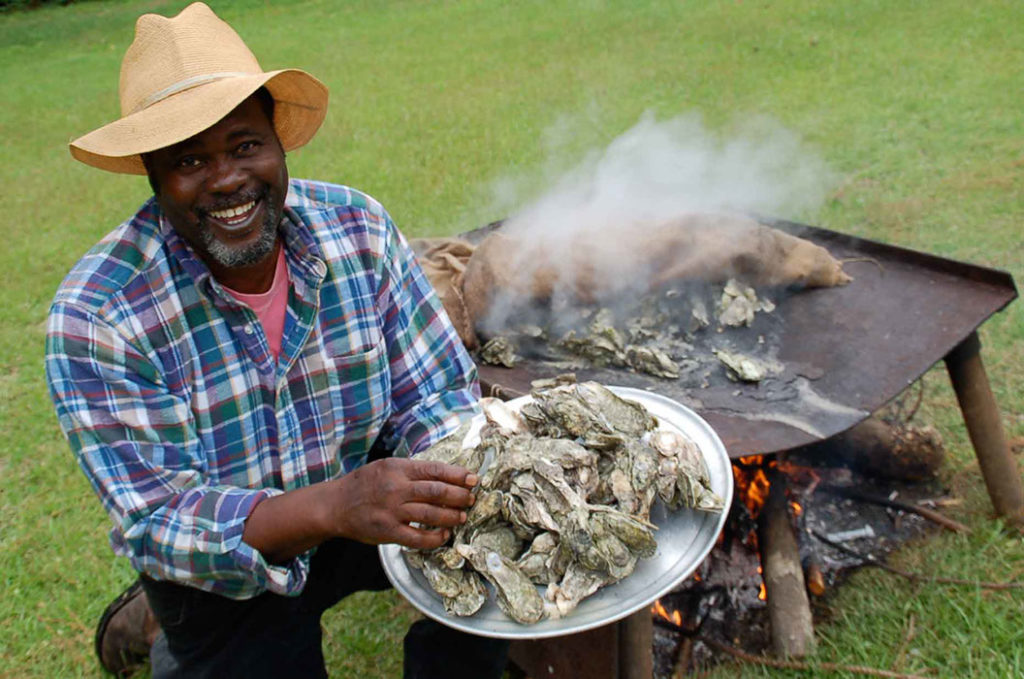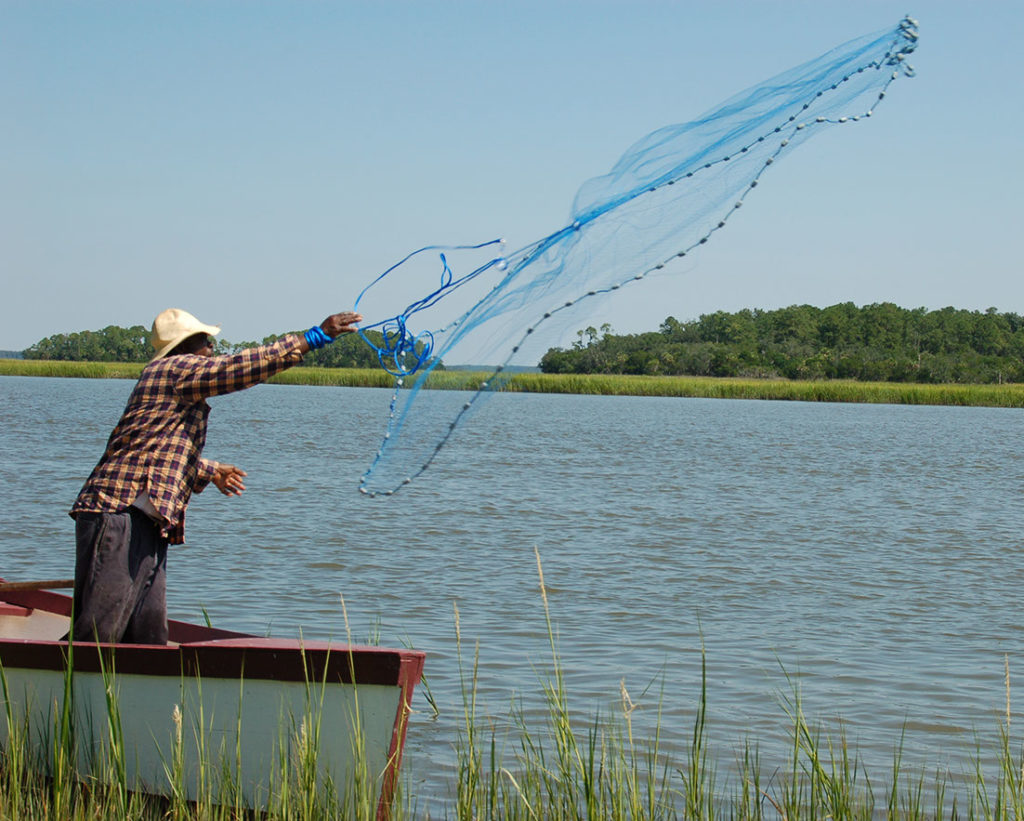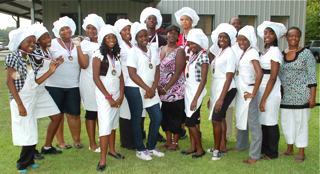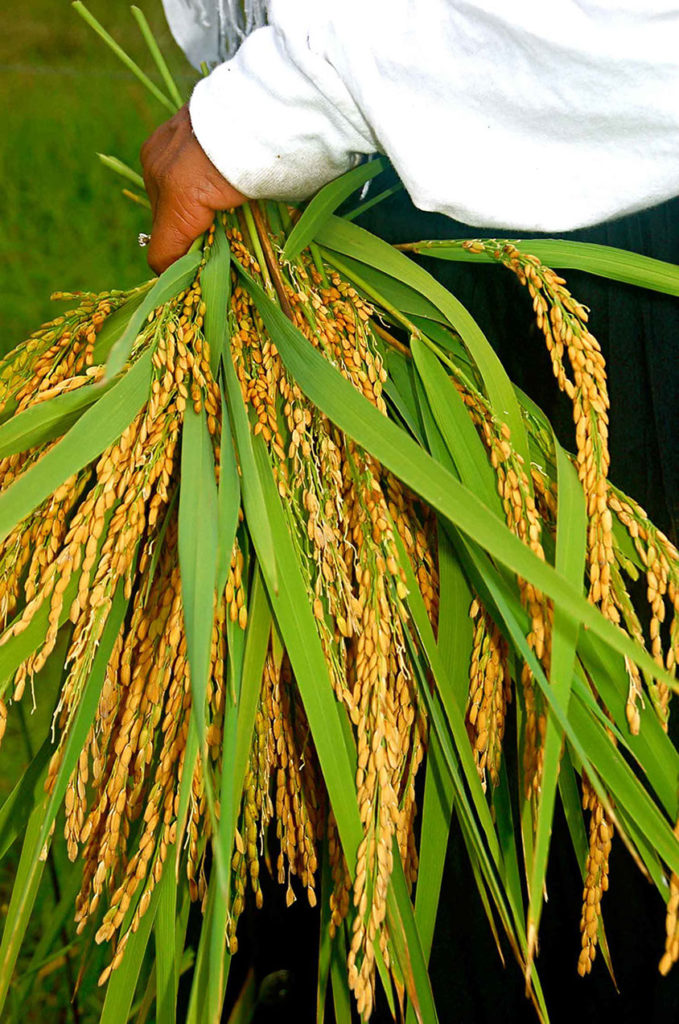Gullah Culture & Grub
The Gullah people are African Americans who live primarily along the Atlantic coastal regions that flow along the southern end of North Carolina, the beautiful sea islands of South Carolina and into Georgia and the north east coast of Florida. The Gullah are known for preserving more of their African linguistic and cultural heritage than any other African American community in the United States. The Gullah dialect is rooted in West Africa, and combines English and other languages with African dialects. Much research is being done to accurately document the time-line of Gullah culture, its food, music, stories and worship practices.


The Gullah Grub Restaurant
Bill Green and his family have been preparing authentic Gullah meals at his restaurant for over 15 years. Bill follows the rules of Gullah traditions when it comes to preparing food. First, eat in season. Each season brings a special harvest and when you eat in season you help protect the earth and maintain balance. For example, Gullah folk only eat oysters during the months ending with the letter R – September through December. This ensures the oyster beds have time to grow and mature. Unfortunately, due to societal changes and growth, this practice is no longer being observed. As a result, oysters are being over harvested for profits and people are eating this cherished seafood practically all year round.
Second rule, eat locally. By choosing to eat local you support the small farmer, cut down on need for transportation and you are not buying foods that are grown in a hothouse that is often genetically modified for longer shelf life. The new term floating around these days is “organic”. The Gullah people have been eating organically for centuries. For several years now Bill and his wife Sara have been teaching the youth in the Beaufort, South Carolina community how to grow and prepare food following the Gullah traditions.


There most recent project has been growing rice. Rice is the first crop that made South Carolina wealthy. The knowledge of growing rice in the south is again rooted in West African and the enslaved people. The green family is using foodways within Gullah culture to educate anyone who wants to know the truth about Africa, the slave trade and contributions the African American has made to the making of America.


